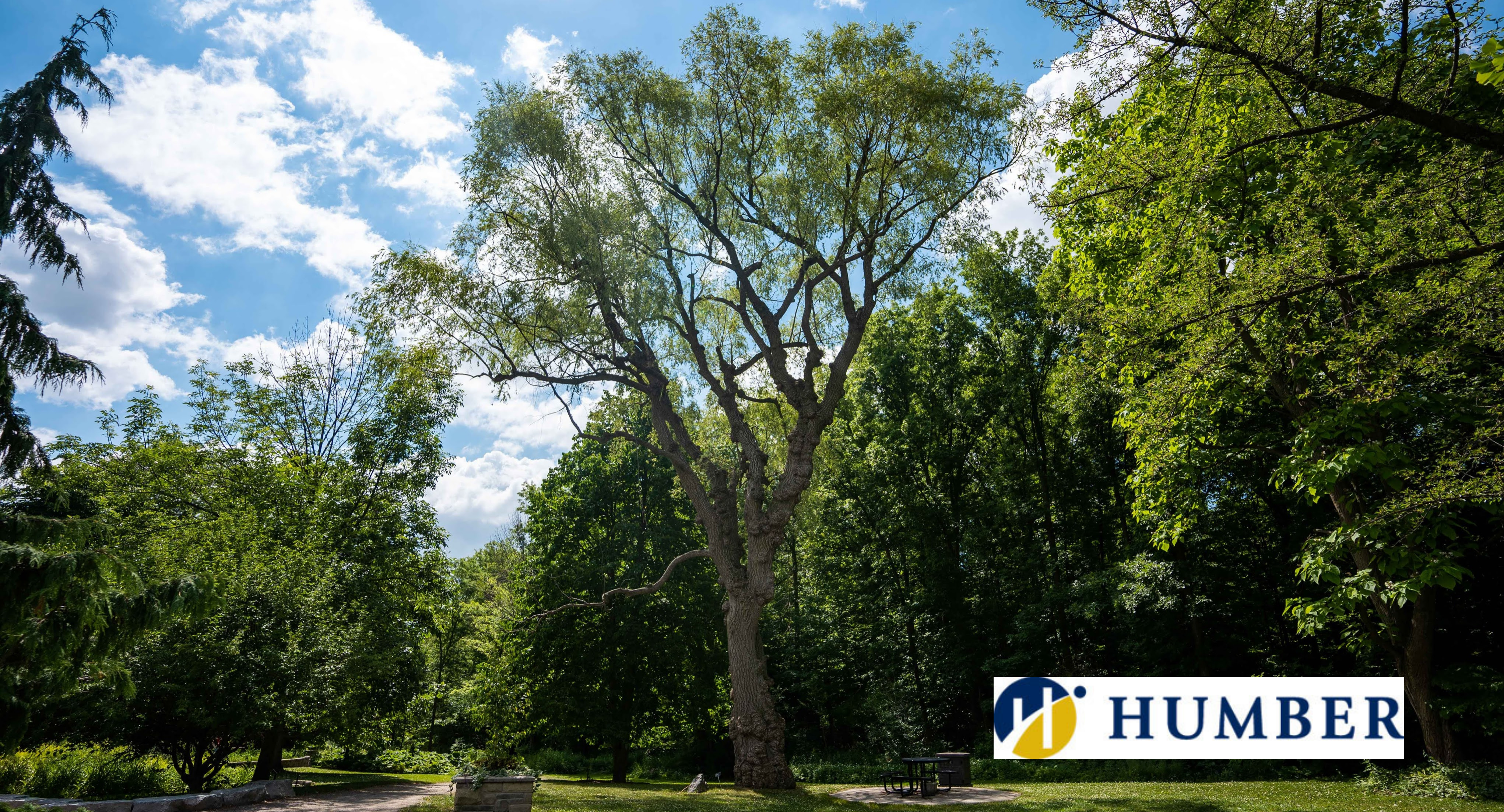Canada’s polytechnics will be key players in the effort to achieve environmental sustainability. In addition to embedding green skills in their skills development programs, polytechnics actively support industry players with environmental applied research. Regardless of the sector, employers are increasingly looking for a “sustainability mindset” in new hires. Responding to this industry demand, Humber recently introduced a new Sustainability Stream in their General Arts and Sciences (GAS) pathway, which will open for enrollment Fall 2021.
Polytechnics Canada sat down for a conversation with Humber’s Jennifer Ball, a professor in the Sociology department who led program development efforts.
Polytechnics Canada: What prompted the development of the sustainability stream?
Jennifer Ball: We all need to work together if we’re going to meet the ambitious climate targets required to keep global warming to a minimum. At the post-secondary level, that means graduating enough students to meet the labour demands in the sustainability sector. We interpret the sustainability sector to include care work, culture work and justice work, too. These workers will be vital to ensuring our transition to a low-emission society is equitable.
Students tell us they are anxious about their future on this planet. It’s easy to understand why: they are surrounded by devastating examples of inequality and environmental degradation. We are asking students to take that anxiety and turn it into productive, passionate action.
PC: What career options will be available to students who complete the sustainability stream?
JB: The sustainability sector is broad, and there is a place for everyone. The purpose of our program is to help students understand where their strengths and interests lie. Maybe they’re drawn to the natural sciences and will pursue a career in conservation, monitoring or restoration; there are lots of great college programs for that. Maybe they discover they are more interested in the technical side of sustainability. We can get you there. For example, Humber has an excellent Sustainable Energy and Building Technology program. And, remember, “care work is climate work.” Careers in education, community services, health and justice are also “green” jobs.
Our Sustainability Stream balances on the belief that a foundational sustainability mindset is critical in all of these jobs and more. Develop those skills with us and take them with you.
PC: How will industry connections and experiential learning opportunities be integrated into programming?
JB: Sustainability education is about engaging the head, hands and heart. We work with partners in the sustainability sector to offer our students real-life glimpses of work in the field. Students also participate in campus-based learning-in-action, developing leadership skills when volunteering as, for example, a Sustainability Ambassador with Humber’s Office of Sustainability. Experiential learning has been woven into our anchoring course, “Foundations in Sustainability,” where we get outside and enjoy Humber’s gorgeous natural spaces as much as possible. Students will also participate in a Climate Action Summit simulation activity based on real-world numbers and real-world solutions.
PC: We talk about polytechnics developing the “green talent pipeline.” In your view, what are the key skills for people who want to work in sustainability fields?
JB: There is a delightful convergence, internationally speaking, on the capabilities or “key skills” considered essential for sustainability mindsets. While the specific language changes slightly from place to place, they tend to include Systems Thinking, Futures Thinking, Values Thinking, Strategic Thinking, Communication, Collaboration and Self-Management. We design our curriculum accordingly. We know that most people can teach themselves how to charge an electric car, grow a garden or maintain a solar panel. So, instead, we focus on teaching transferrable sustainability capabilities that people use to lead, collaborate, innovate and be change-makers in their communities.
PC: According to ECO Canada, there will be critical shortages of conservation workers, life science professionals, utilities and equipment operators, landscape architects and more. What advice do you give learners interested in working in these areas?
JB: We are facing huge societal challenges and there is a tendency to want to jump right in and fix it. We tell our students to wait just a bit. Come to us for one or two years and get the lay of the land. There are a lot of good jobs out there, and more are coming – maybe jobs you don’t even know exist. Take the time to learn about yourself, grow a little, sharpen those academic skills, set your compass and hit the ground running in your next academic or training program.
Learn more about the Sustainability Stream – Humber College.


